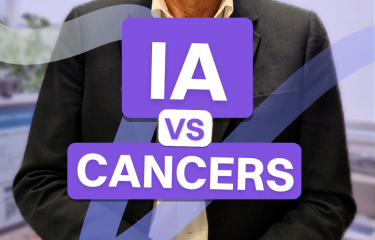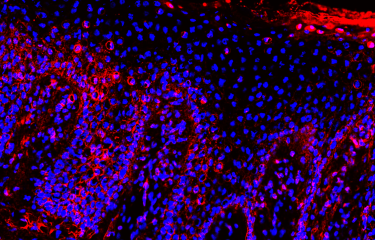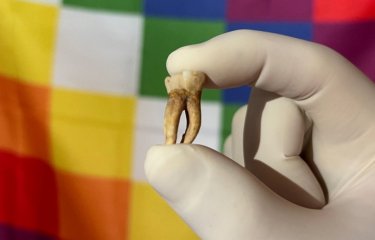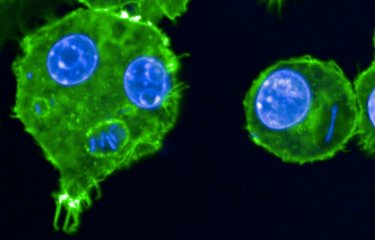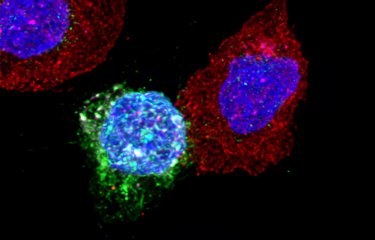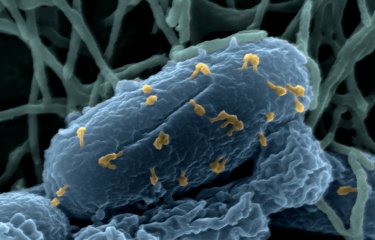cell biology
Vidéo
2025.06.16
A better understanding of lung cancer thanks to artificial intelligence: an unprecedented breakthrough supported by Institut Pasteur
For the first time in the...
News
2025.05.28
Throwback in video on the causes, the symptoms and the treatment of hidradenitis suppurativa. Copyrights : Jeanne Fenouil / Institut Pasteur
Hidradenitis...
Vidéo
2025.06.02
An exceptional dive into the heart of a cell infected by Shigella, the bacterium responsible for dysentery.
How does a bacterium manage to infiltrate our cells...
Document de presse
2025.05.29
Leprosy existed in America long before the arrival of Europeans: a new study reveals the history of a neglected pathogen.
Long considered a disease brought to...
Document de presse
2025.05.29
Scientists at the Institut Pasteur and McMaster University have discovered that the evolution of a gene in the bacterium that causes bubonic plague, Yersinia...
News
2025.06.03
Of every one thousand individuals living with HIV, a tiny fraction – fewer than five on average – are able to naturally control the virus. They are known as "...
News
2025.05.21
Bacteria first emerged on Earth 3.5 to 4 billion years ago, quickly developing adaptation mechanisms allowing them to survive in the changing and sometimes...
News
2025.05.19
The conference's opening symposium on June 12, focused on evaluating the current scientific understanding of these risks, will be livestreamed here for...
Vidéo
2025.05.06
Breaking down preconceived ideas about life - that's what we did with high school students at UniStem Day 2025 at the Institut Pasteur!
Every year, this...
Document de presse
2025.04.28
Cells infected with HIV persist in the body, forming what are known as viral reservoirs, even in persons receiving antiretroviral therapy. These reservoirs...




